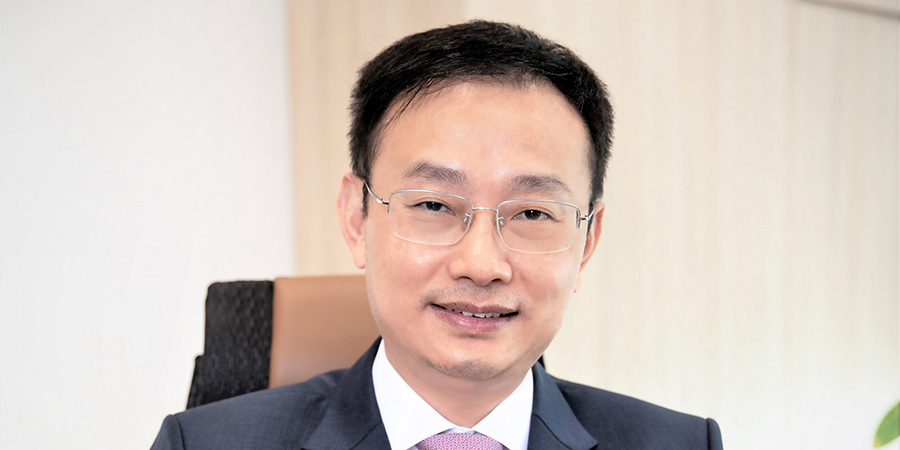As more industries across the Middle East embrace digital transformation, a focus on collaborative development will be pivotal to extending the gains achieved to date, according to Huawei’s top executive in the region. Steven Yi, the recently appointed president of Huawei Middle East, spoke with Telecom Review on how many governments and enterprises in the Middle East today have benefited greatly from being at the forefront of emerging technologies—be it 5G commercial deployments, adopting cloud capabilities, designing intelligent city infrastructure, and more.
Yi reiterated Huawei’s commitment and efforts towards cybersecurity and said, “Cybersecurity is a common challenge for the entire industry, for all companies and all countries. In the past 30 years, Huawei has not had any major incident related to cyber security.”
He added, “In the Middle East, Huawei has never been questioned about cyber security. Since 2004, Huawei has provided network assurance for the Hajj pilgrimage in Saudi Arabia with zero network failure or accident, keeping the network secure and stable. Huawei's network assurance mechanism has been tested also at the G20 Summit in Saudi Arabia, the G20 Summit in China in 2016, and the World Cup in Russia in 2018. It's been proven effective. In the Middle East, we are working with local governments, industry organizations, universities, customers, and partners, discussing how to advance cyber security and build open, transparent, and secure networks. We believe that these efforts will help our cybersecurity operations in the Middle East.”
In cloud, approximately 81% of enterprises globally now use cloud-based applications, with Yi wanting to extend these benefits to countries in the Middle East. Huawei recently announced investing USD15 million to support cloud-oriented ecosystem development in the region, with HUAWEI CLOUD having already developed more than 100 local partners in the Middle East. HUAWEI CLOUD and partners are now covering 27 regions and serve over 170 countries.
“In the past two years, the development of new technologies and the new normal under the pandemic has accelerated the advent of a digital world,” said Yi. The executive spoke on how that spirit of collaboration in the ICT domain can open new windows of socio-economic progress in line with countries’ national development agendas. Yet it will also take a concerted effort to drive digitalization in ways that will create value for all.
“Openness and globalization are irreversible trends. Almost every country has now formulated its national strategies, and the integration of advanced technologies such as 5G, cloud, and AI will significantly serve the targets of building digital economies and achieving these visions and targets,” noted Yi. In this regard, Huawei has openly collaborated with government entities to contribute to their national visions and develop their ICT ecosystems. As a result, Yi confirmed that the company’s business has continued to grow in the region.
Though we are living in a digital age, Yi acknowledged that some are still left behind and are unable to benefit from emerging technology and the opportunities that it provides. Meanwhile, the UN has estimated that 68% of the world’s population will live in urban areas by 2050, putting pressure on cities themselves to move towards more intelligent management and connectivity.
Touching on 5G specifically, Yi reaffirmed that 5G deployments have been “quite successful” in the Middle East to date, with the number of 5G subscribers in GCC countries estimated to exceed 10 million by the end of 2021. Globally, 176 commercial 5G networks have been deployed. “Traffic is growing rapidly in the Middle East. Since the pandemic, industry digitization and online business have gained strong momentum. The next important step in 5G development is 5GtoB – applying 5G technologies to all industries,” concluded Yi.









